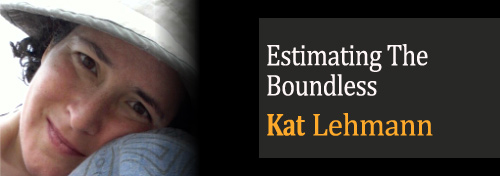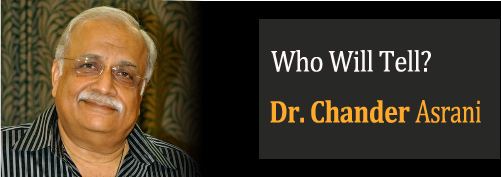Estimating The Boundless
Sunboy started second grade last week. The week before, we spent compiling the list of books he read over the summer: an assortment of Magic Tree House and Junie B Jones books and the Hobbit (read with his daddy).
We reflected on his other achievements too. He learned to fish and caught enough to feed the family dinner twice. He made paper mâché robots and large paintings in his outer space art camp. He went to a marine biology camp and learned about crabs and lobsters.
We try to look to life for teaching moments about math. We started letting him be the one to purchase small items at the store, helping him to understand money in a real-world sense. I always like to emphasise the power of estimating to him. That is, even if he doesn’t know the exact answer, he can estimate to know if an answer could be correct.
It’s a good skill to have. Sometimes we practice this in the car by asking him to manipulate large numbers. How much is 1002 + 3995? The answer will be about 5000, so if your answer isn’t in the neighborhood of 5000, you know you’re in the wrong neighborhood. We talk about orders of magnitude too, checking to be sure we have the right number of zeros when we add or multiply.
Still, at seven-years old, everything is incalculably grandiose and it’s fun to feel his enthusiasm. Someone asked in a children’s story if he ever receives party invitations. “I get millions of party invitations,” he said. It’s like the fish story he told regarding the flounder he caught. Definitely overestimated.
Another project of his from the summer was to create his own set of Pokemon cards. He wanted to sell them, which I found quite entrepreneurial of him, although he overestimated the public enthusiasm for his handmade cards. He had plans to make several copies of each card, set up a table in front of our home and charge five US cents per card. Someone who wanted them all could get the entire set for ten US dollars, he said. There weren’t 200 cards in the collection, but I let him set his own pricing structure.
Estimating numbers can be difficult, and clearly, we’re still practicing this skill. Yet, I don’t mind at all when the grandiose statements regard his feelings. Recently before bed, he asked if I love him, so I told him how much I loved him before we even met, and how much more I love him now. “I love you the galaxy,” he told me. Last night he proclaimed his love for me again, and I treasure his wonderful expression of it. He said to me, “Every day I love you 200 more miles than the universe.” I swooned and held him, then took a line from the book Guess How Much I Love You by Sam McBratney, saying “I love you 200 more miles than the universe… and back.”
Perhaps when estimating love, no number is too high.
Kat Lehmann believes we are all in the process of becoming and have a choice in what we become. She is a scientist who writes prose poetry about parenting and nature, and can be found sneaking outside to look at the moon when not keeping up with her children Sunboy and Flowergirl. You can connect with her at http://www.nurturingandnature.

